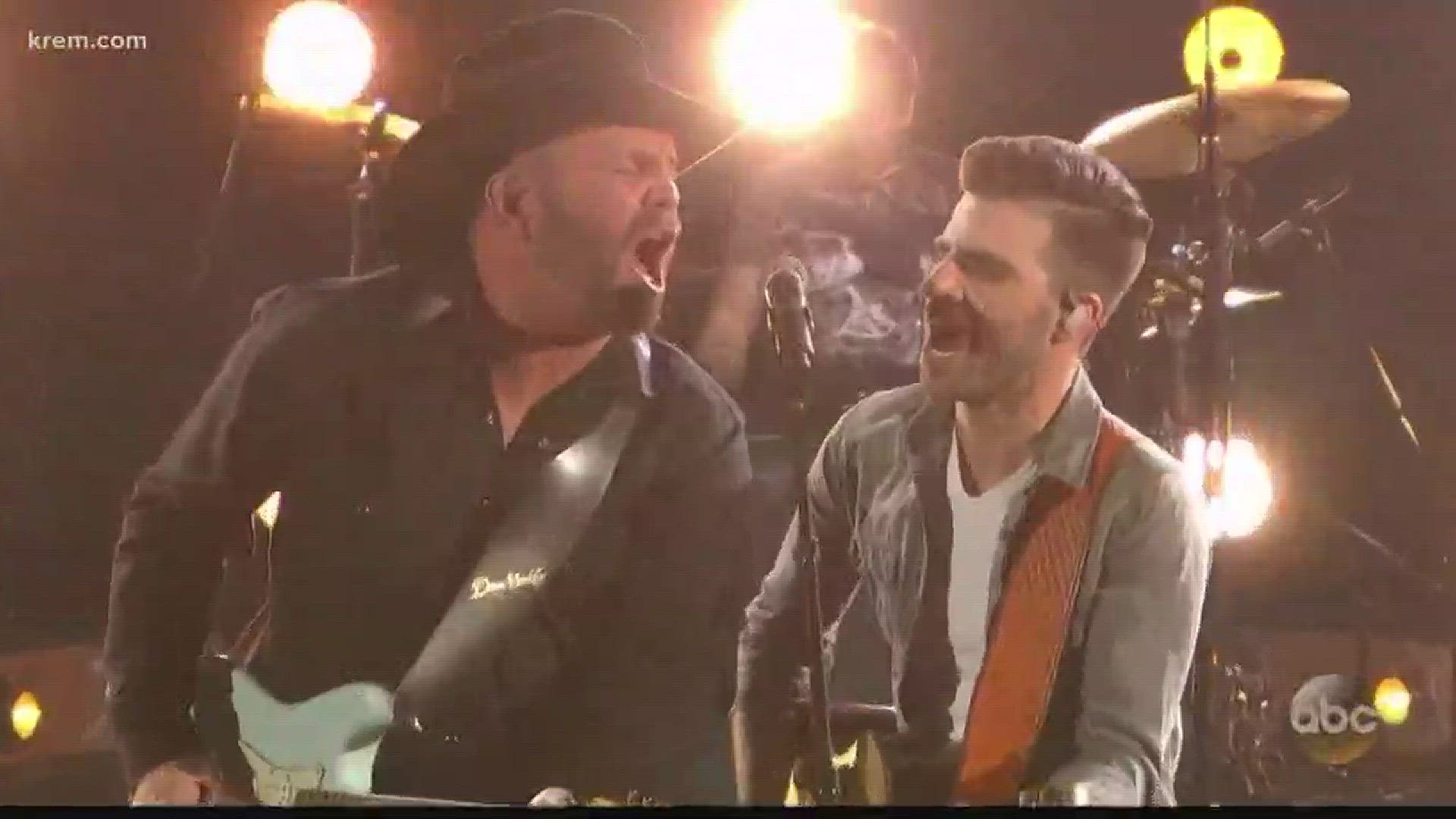If it seems that visible cases of vocal-cord issues among music's MVPs are on the rise, you might be right.
Garth Brooks said he lip-synched Wednesday night at the CMA Awards because he has a cold. But is that the real reason for this wave of events?
Doctors say the injuries occur because of performer’s unbelievable work ethic. They do not think there is an increase in injuries they think it's being diagnosed more frequently which is a good thing to prevent permanent vocal cord damage.
Voice production is divided into three major categories: Power source, vibratory source and resonators. Your power source is the breath that supports your sound and is driven by several factors including your lungs, your diaphragm expansion and your abdominal support.
Your vibratory source is the complex anatomy of the vocal chords is designed to produce even vibrations from the air your lungs just generated, which will sound pleasant and not hoarse.
Your resonators are made up of the nasal passages, the throat, and the mouth. They are the air chambers that shape the sound and are the structures you train when developing a singer's range of frequency and harmony. Therefore, when you have a cold and your nose is congested, you lose a certain resonance to your voice. The sound can no longer bounce through your nasal passages and the tone becomes flat, and without richness.
Singers will regularly spend some time on "vocal rest,” with no speaking for a period of 48 hours, giving their vocal apparatus time to recover. The rule with sore throats, and particularly laryngitis, is no speaking and no whispering, the very worst thing that you can do in this situation. Professional singers treat their voices a bit like athletes treat their bodies.
Doctors advise performers to avoid speaking or singing when your voice is hoarse or tired. Even using the extremes of your vocal range, such as screaming or whispering can stress your voice.
Practice good breathing techniques when singing or talking.
A singer's lifestyle is very different from the average person. They need to have enough energy for a performance and hydration, so that the delicate vocal folds (or cords) can be kept supple. The best protection is good posture and sound vocal technique. Voices always need to be supported by the bigger muscles in the body.

